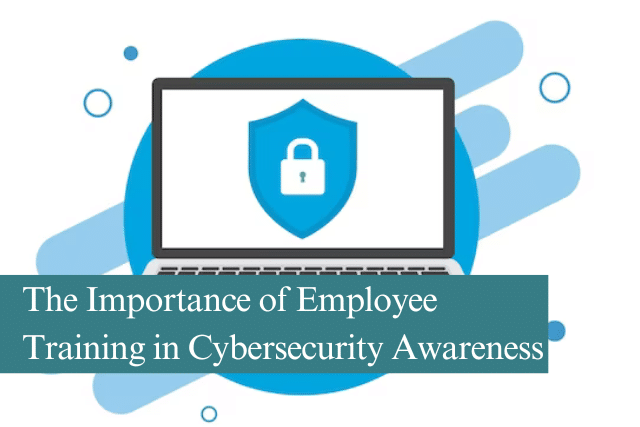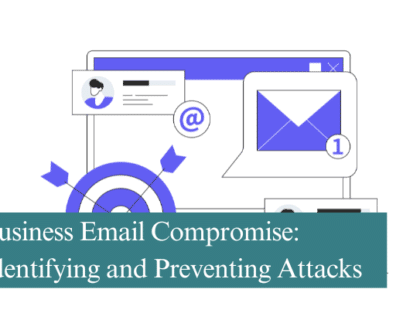
11th October 2024
Cybercriminals are coming up with increasingly sophisticated tactics. It’s become evident that one of the best ways to defend against them isn’t just cutting-edge technology, but also having well-informed employees, training is essential.
Cybersecurity
Cybersecurity is continuously evolving, with new threats emerging daily. Cybercriminals are no longer just targeting large corporations; small and medium-sized businesses are increasingly at risk.
Why Employee Training Matters
Human Error as a Vulnerability
A staggering 95% of cybersecurity breaches are caused by human error, according to a study by IBM. Employees often fall victim to phishing attacks, inadvertently click on malicious links, or fail to follow security protocols, thereby creating vulnerabilities.
This is where training plays an important role. Educating employees on recognising potential threats and understanding the importance of cybersecurity measures can significantly reduce the risk of a successful attack.
Building a Security Culture
Creating a robust cybersecurity culture within an organisation is vital for long-term security success. When employees are trained regularly and understand the significance of their role in protecting sensitive data, they are more likely to adopt secure practices.
A strong security culture encourages open communication about potential threats and empowers employees to report suspicious activities without fear of reprisal.
Compliance and Regulations
Many industries are governed by strict regulations concerning data protection and cybersecurity. Failure to comply with these regulations can result in hefty fines and legal consequences. Regular training ensures that employees are aware of these regulations and understand the procedures they must follow to maintain compliance.
Key Components of Effective Cybersecurity Training
1. Phishing Awareness
Phishing attacks remain one of the most common and effective methods for cybercriminals to gain unauthorised access to systems. Training employees to recognise phishing emails, including red flags such as unfamiliar senders, urgent requests for information, and suspicious links, is crucial.
2. Password Management
Weak passwords are a gateway for cybercriminals. Training should emphasise the importance of creating strong, unique passwords and regularly updating them. Employees should also be educated on the use of password managers to securely store their credentials.
3. Secure Use of Devices
With the rise of remote work, educating employees about securing their devices is more critical than ever. Training should cover best practices for securing laptops, mobile phones, and other devices, including using encryption, locking screens when not in use, and connecting to secure networks.
4. Incident Reporting Procedures
Employees should know how to report a security incident or suspicious activity. Training should include clear procedures for reporting incidents and emphasise the importance of swift reporting to minimise damage.
5. Regular Updates and Refreshers
Cybersecurity is not a one-time training session; it requires ongoing education. Regular training sessions, updates on new threats, and refresher courses are essential to keep employees informed and vigilant.
The Role of Management
Management plays a vital role in creating a culture of cybersecurity awareness. By prioritising cybersecurity training and demonstrating a commitment to security, leaders can encourage employees to take the matter seriously. Management should allocate resources for training programs, regularly evaluate the effectiveness of these programs, and make necessary adjustments based on evolving threats.
Conclusion
By investing in comprehensive training programs, organisations can significantly reduce the risk of cyber incidents, build a culture of security, ensure compliance with regulations, and ultimately protect their valuable assets.
Don’t wait for a security incident to take action. Contact us today to learn more about our cybersecurity training programs tailored to meet the needs of your organisation.
Recommended Posts

Are you making the most of your Microsoft 365 licensing?
4th July 2025


